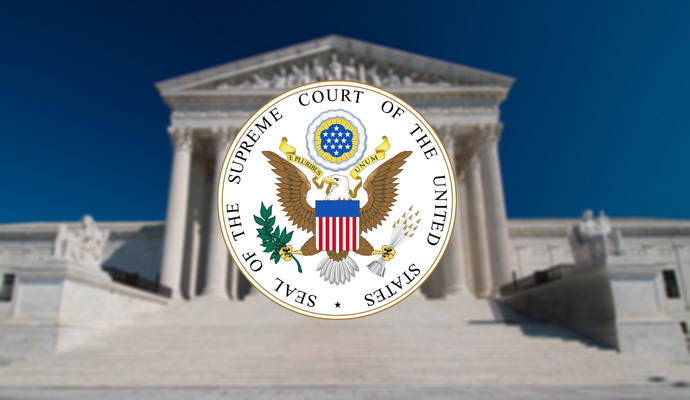Supreme Court Will Not Hear Site-Neutral Payment Case
The Supreme Court has declined to hear a case brought on by hospital groups seeking to stop site-neutral payment rates for outpatient clinic visits.

Source: Xtelligent Healthcare Media/US Supreme Court
- The Supreme Court has declined to take up a lawsuit filed by the American Hospital Association (AHA) that aimed to reverse Medicare’s site-neutral payment policy for clinic visits furnished to beneficiaries in hospital outpatient departments.
AHA filed the lawsuit in May, arguing that the site-neutral payment policy finalized in the 2019 Outpatient Prospective Payment System (OPPS) rule harmed access to care for hospital outpatients. However, the suit was one of many challenges brought on by AHA and other hospital groups wanting to reverse the policy.
Lower courts have twice sided with AHA and other plaintiffs, deciding that HHS exceeded its statutory authority by reducing Medicare rates for certain services delivered by off-campus provider-based departments to control growth in volume in this setting. But a three-judge appeals panel reversed that decision last July.
AHA had called on the Supreme Court in February to hear the case, as well as a case challenging cuts to Medicare reimbursement for 340B hospitals.
“We are disappointed that the U.S. Supreme Court has declined to hear the compelling arguments in our case on payment cuts for hospital outpatient visits,” Melinda Hatton, AHA’s general counsel, said publicly. “These cuts to hospital outpatient departments directly undercut the clear intent of Congress to protect them because of the many real and crucial differences between them and other sites of care.”
AHA recently published a study finding that Medicare beneficiaries treated at hospital outpatient departments are more likely to be low-income and have severe chronic conditions than those seen in independent physician offices.
The study’s findings suggest that site-neutral payments may limit access to care for the most at-risk patients, researchers reported.
“Hospital outpatient departments are held to higher regulatory standards and are often the only point of access for patients with the most severe chronic conditions, all of whom receive treatment regardless of ability to pay,” Hatton recently stated. “While we are disappointed, we will continue to fight to ensure the ability of all hospitals and health systems to continue to provide the essential services and programs their patients and communities need to realize their highest potential for health.”
The Supreme Court’s decision to not hear the case paves the way for HHS to implement site-neutral payments for clinic visits as planned. The federal department expects the policy to save Medicare about $800 million in 2020.
Research from the Medicare Payment Advisory Commission has also indicated that higher reimbursement rates for services delivered in hospital outpatient departments as been a catalyst for physician practice acquisitions.
The high court did not give a reason why it declined to take up the challenge, according to it’s Order List released on June 28th.
